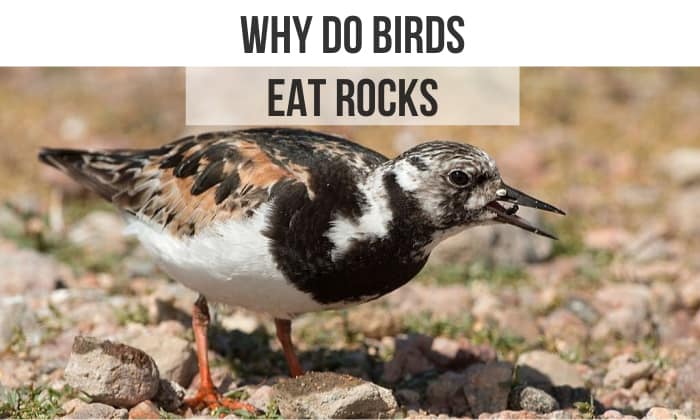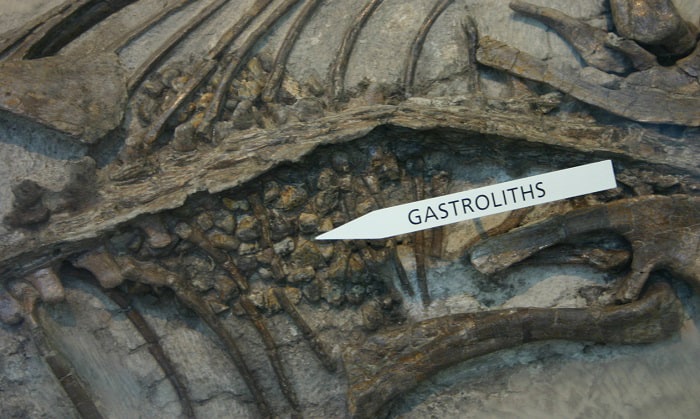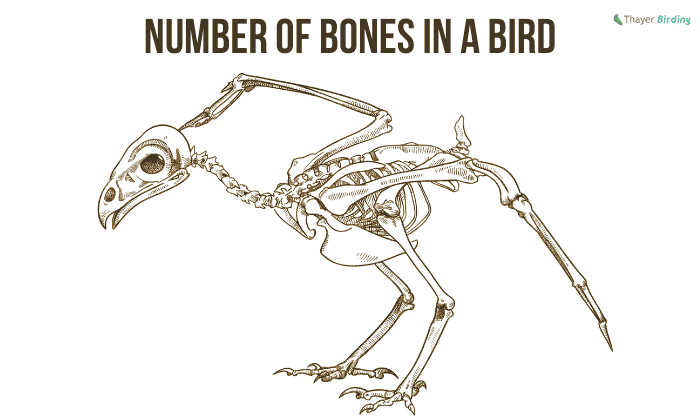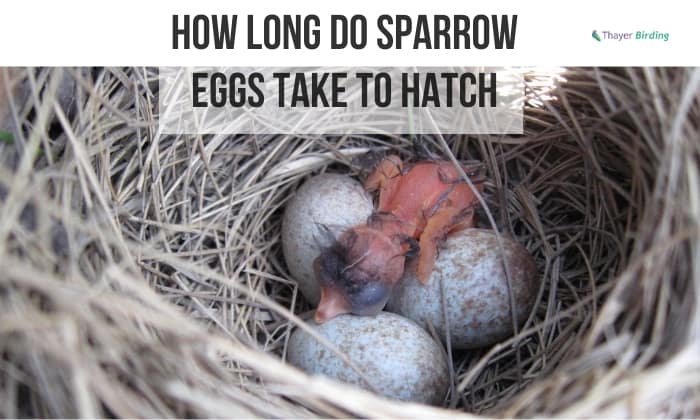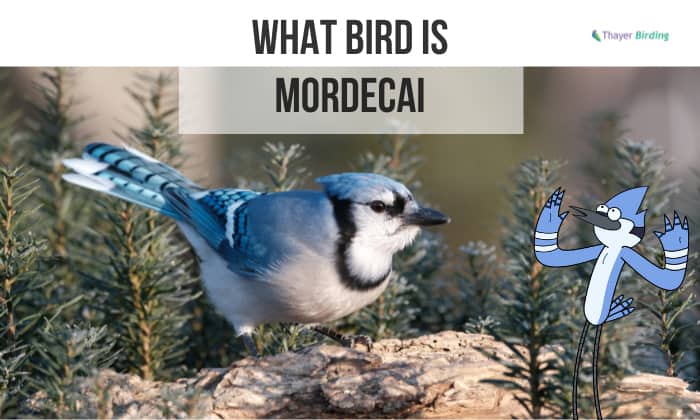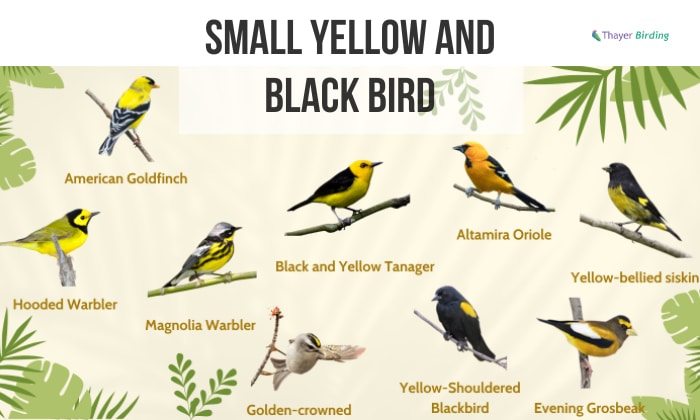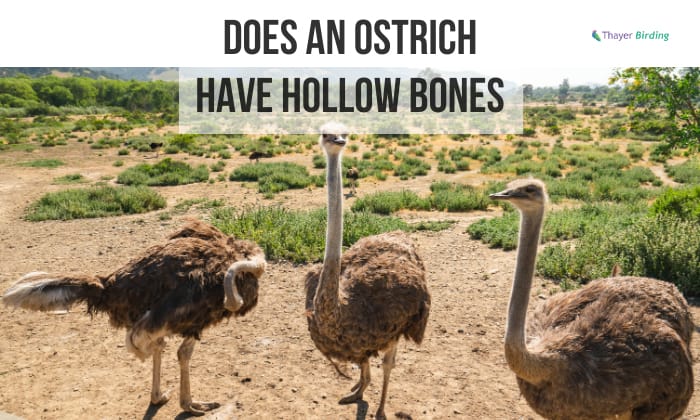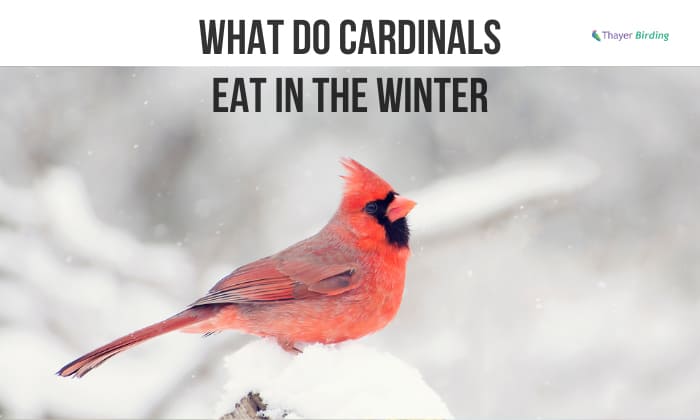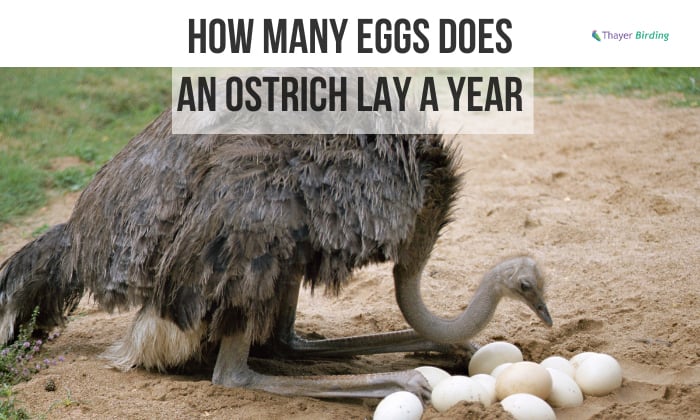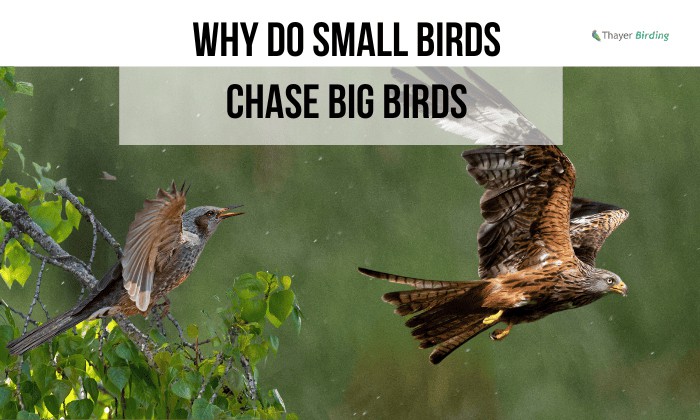Why do birds eat rocks? It is not because of rocks that look like food, but birds do this to them with digestion. This is not a habit that only a few bird species do, but all birds with seeds and grain in their diet ingest small stones!
Are you hearing about this for the first time? Then, you must have many questions and we have the answer you seek for most of them. Read on and get ready to be amazed by information about bird-eating rocks!
Table of Contents
Why Do Birds Eat Rocks
Who would’ve thought that birds have stones in their stomachs? Dedicated bird lovers and birders probably do, but it is a surprise for the rest of us. But birds eat rocks to aid their digestion!
Birds swallow whole bites of their food because they don’t have teeth like humans. However, it is important to break down the food into smaller pieces to be digested well. So, how do birds grind their food? This is where stomach stones come into the picture.
The rocks in the stomach play the role of the teeth. When swallowed, the stones accumulate in the gizzard and become a gastrolith. They rub against each other, causing friction that crushes the partly-digested food. Once the food is broken down small enough, it will easily travel through the intestine, where nutrient absorption happens.
And there you have it, the explanation for the seemingly absurd behavior observed in birds. It turns out that it is a pretty common phenomenon in the bird world. While that clears up things, we’ll discuss two critical terms in depth in the next section.
What is a Gizzard?
A bird’s gizzard functions as a second stomach called the gastric mill or muscular stomach. It is where the rock that swallows goes and grinds food particles. But birds are not the only ones with this organ. Some gizzard animals, including alligators, earthworms, and crustaceans, have them, too!
The gizzard sits between the intestine and the sack-like crop. This organ has a coarse, textured interior that can endure highly acidic liquid. After performing its task of contracting and milling the stones, the food will go down, and the digestive process will continue.
Despite having powerful muscles and thick walls, the gizzard cannot break down food without the help of gastroliths.
What is a Gastrolith?
The word gastrolith comes from the prefix associated with the stomach and the Greek word for stone. Therefore, we can directly translate it to stomach stone or the rocks or grits in the gizzard. Its primary role is to act as teeth, breaking down food into smaller parts for easier digestion.
As time passes, the gastroliths’ surface will get polished and rounded from the constant rubbing against each other. At this point, they could not carry out their duties effectively and had to be replaced. So birds will discard the old gastroliths by coughing them out and finding new rough, sharp stones to swallow.
During the Jurassic age, gastroliths were already being used by birds’ ancestors to grind tough plants they eat. The smooth and rounded pebbles lodged inside fossilized rib cages prove that stomach stones have a long history.
Recently, fist-sized stones with soft edges are found amidst the mudrocks of Wyoming. They are believed to have been once part of a dinosaur’s digestive system. But unlike other cases in the fossil record, there are no dinosaur remains with them.
These rocks, did dinosaurs carry them? That is the ultimate question experts are looking for answers to. No study was found about long-distance migration for dinosaur species that use gastroliths. Scientists are still searching for data to back up their claims; thus, the paper remains a hypothesis until proven true with evidence.
Some animals eat rocks, including seals, crocodiles, and cows, and they are referred to as gastroliths.
How Do Gastrolith and Gizzard Work Together?
The gastrolith and gizzard work hand in hand to digest food. The gizzard is a pouch designed to hold food, acids, and stones, while the gastrolith mimics the grinding motion of teeth.
With the gizzard contracting muscles and the stones, there is a strong grinding happening, resulting in smaller food pieces ready for another phase of digestion in the small intestine.
While all bird species have gizzards, not all will ingest pebbles. This will depend on their diet. For example, those with high amounts of fiber in their diet only need a few gastroliths. The gizzard of birds that eat fruits and nectar doesn’t work as hard as those that feed on seeds and grains.
Which Size of Stones Do Birds Eat?
The size of the gizzard stones can vary depending on the bird species. It can range from small grits, gravel, and grains of sand to pebbles and cobblestones. The larger the bird, the bigger the stones would be. Ostriches are said to be capable of swallowing stones of 4 inches or more.
Frequently Asked Questions
Do only birds have gizzards?
No. There are other animals without teeth that rely on stomach stones to break down their food. This includes several fish species, grasshoppers, and turtles, to name some. The gizzard in animals, other than avians, has the same purpose, but the digestion process can differ depending on the structure of their digestive system.
Do humans have gizzards?
No. Birds use gizzards to grind their food while humans have teeth to carry out the crushing action. Besides, the gastric juices further break down the food in our stomach. Gizzards are therefore unnecessary for humans.
Which birds eat stones?
Not all birds need gastroliths, but most bird species feeding on tough-to-digest food do. A survey shows that around 69% of the total number of American bird species carry gastroliths in their gizzards.
The following are some bird species that eat stones.
- Chickens
- Dodo birds
- Seagull
- Turkey
- Pigeons
- Ducks
- Crows
- Ostriches
- Parrots
- Penguins
- Emus
- And more!
What animals eat stones to help digestion?
Cows eat rocks to help with digestion. Which animals share this habit? Here’s a list of animals that eat rocks.
- American Alligators
- Crocodile
- Seals
- Sea Lions
- Toothed Whales
- Goldfish
- Cichlids
- Betta Fish
- Frogs
- Eastern Fence Lizard
- Rhinoceros Iguana
- Earthworm
- Lithoredo abatanica
Why do birds eat their poop?
This is often the case for parent birds feeding on their nestling’s droppings, a characteristic called coprophagia. The reason? Because they can get nutrients and energy from it!
Baby birds’ digestive system is not quite developed yet; hence, not everything they eat is completely digested. Moreover, it is also an efficient way to keep the nest clean and dispose of the poop. They are getting a snack and maintaining cleanliness at the same time!
Conclusion
You finally have the answer to the question, “Why do birds eat rocks?” If anyone asks you about this or if you want to share some amazing facts with your friends, you have something to tell them.
All this information will give you an in-depth look at how birds digest their food and what species and animals practice this. We hope you had a great time reading this article and learned a thing or two from it. Do you have anything to share with us? We are always happy to hear from you!
George and I became friends after a birdwatching trip with our new group. And we have been enjoying every adventure together. When he told me the idea of establishing a site that shares our experiences and fun, I immediately agreed. After trials and errors, here we have Thayerbirding.


